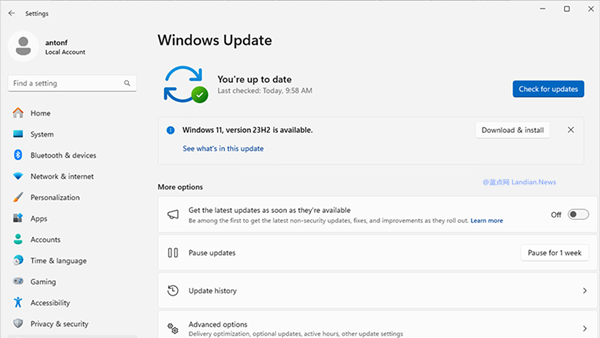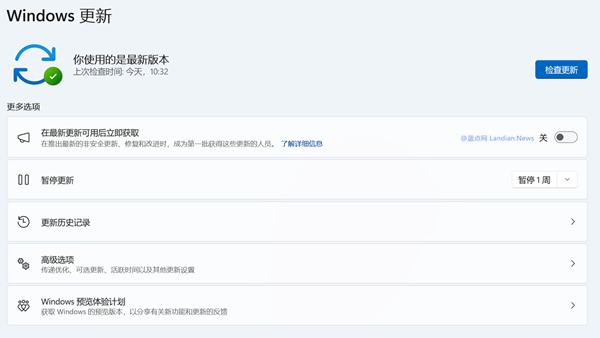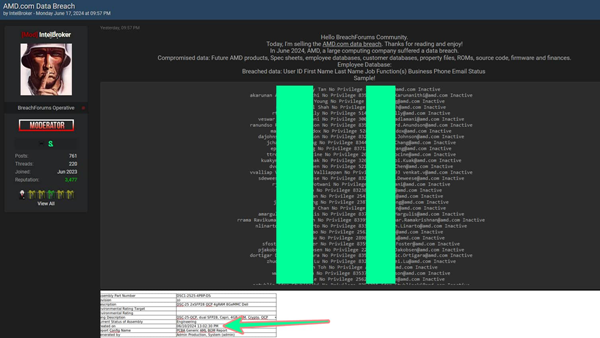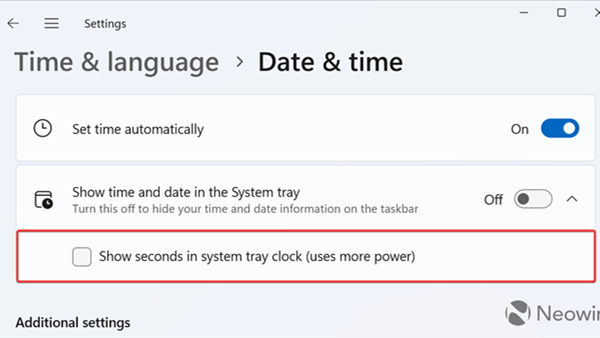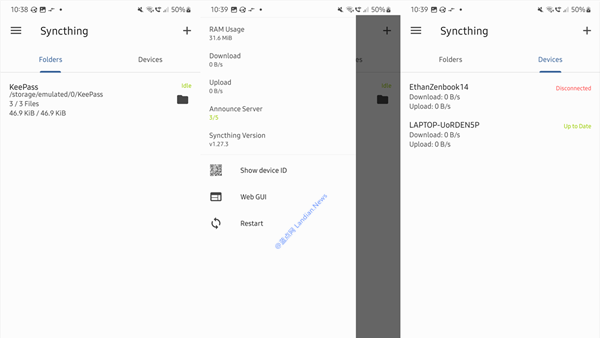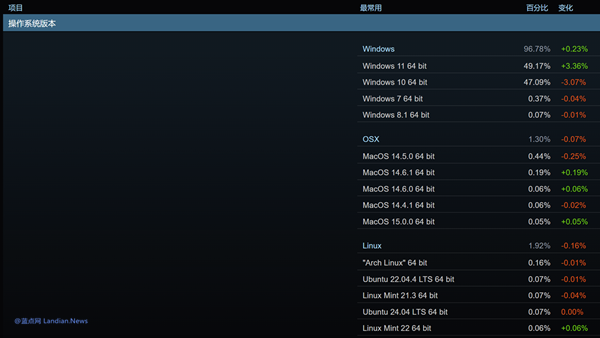Kali Linux 2024.4 Official Release: Phasing Out i386 Support, Introducing New Login Interface and Resource Monitor
The operating system created primarily for network security researchers and white hat hackers, Kali Linux, has launched its 2024.4 version. This operating system is increasingly suited for conducting penetration tests, vulnerability research, security audits, and red-blue team exercises.
Version 2024.4 is the final release of Kali Linux for the year 2024, with this update bringing Linux Kernel 6.11, enhanced Raspberry Pi support, an update to Python 3.12, and the phasing out of i386 support.
End of i386-32-bit Support:
Starting with Kali Linux 2024.4, the system no longer provides any i386 images, following Debian Linux's cessation of support for 32-bit systems in October. It's important to note that 64-bit systems can run 32-bit software, so most 32-bit software can operate on x86-64 images, and Kali Linux will not remove any i386 packages. As time progresses, more operating systems will completely drop support for 32-bit architecture, including i386 kernels and images, though these software pieces may continue to run for a long time.
New Login Interface:
New Resource Monitor:
Upgrade to Default Python Version to 3.12:
In Kali Linux 2024.4, Python 3.12 has become the default interpreter. Installing packages via the pip command is not allowed by default to avoid conflicts with the distribution's built-in package manager, as running pip commands as root and installing global packages can cause conflicts. The Kali team advises against installing third-party packages via pip. Users wishing to install packages can use the alternative command, pipx, provided by Kali. For more information on pipx, search "Kali Linux pipx" on Google.
Discontinued Support for SSH DSA Keys:
The new release includes OpenSSH version 9.8p1, which discontinues support for SSH DSA keys. Therefore, Kali Linux by default no longer supports DSA keys. Users connecting to very old SSH servers should be aware of this change and make necessary adjustments to avoid issues.
Enhanced Support for Raspberry Pi Imager:
The Raspberry Pi Foundation offers an official imager tool, the Raspberry Pi Imager, for downloading various images or choosing local images to write to microSD cards for Raspberry Pi booting. The new version of Kali Linux adapts this tool, allowing users to operate with pre-configurations, including setting hostnames, login credentials, SSH keys, WiFi settings, and regional settings, eliminating the need for reconfigurations after writing.
The latest version also includes the Gnome 47 desktop environment and support for color customization, enabling users to choose their favorite colors for windows and shell widgets, thus better controlling the desktop's appearance and feel.
Download Link: https://www.kali.org/get-kali/#kali-platforms



